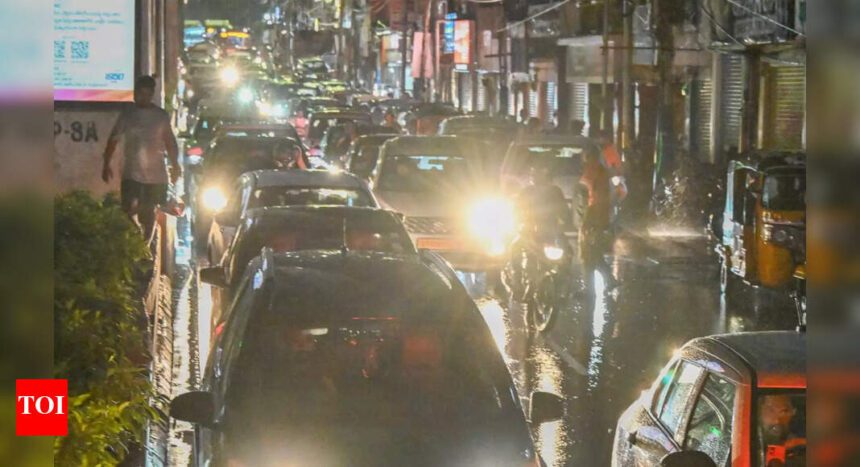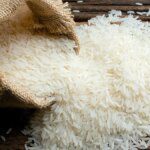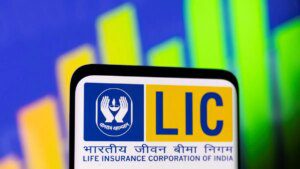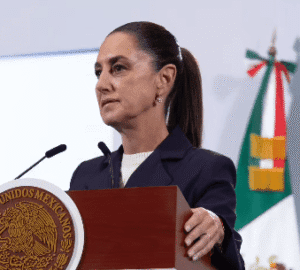SRINAGAR: The Srinagar-Jammu national highway (NH-44) reopened for traffic on Wednesday after being closed for 20 days. This development allows hundreds of trucks to move towards Jammu, but on this day, only traffic from Kashmir to Jammu was permitted under an alternating schedule for vehicle movement.
National Conference (NC) president Dr. Farooq Abdullah addressed concerns about the highway closure, dismissing accusations of sabotage or conspiracy that could harm Kashmir’s fruit industry. He stated, “A lot of politics was played over the closure of the road,” emphasizing that the shutdown was a result of “God’s wrath,” not human actions. Abdullah posed a rhetorical question, “Do mountains come down due to people?” during a press conference in South Kashmir.
Political parties had criticized the Jammu and Kashmir government for not restoring traffic more promptly on this crucial route, especially during the apple harvest season. NC Member of Parliament Aga Ruhullah pointed out that the highway typically experiences prolonged closures during the harvest, adversely affecting the horticultural economy. Iltija Mufti, a representative of the People’s Democratic Party (PDP), alleged that the NC-led government was working with private companies aiming to take over Kashmir’s apple industry.
Abdullah rejected these charges, asserting that there was no sinister agenda at play. On Wednesday, traffic police began allowing trucks laden with apples to traverse NH-44. This decision followed a review meeting chaired by Union Minister for Road Transport and Highways Nitin Gadkari, who assured Chief Minister Omar Abdullah of regular truck movement on the highway.
In the morning, police facilitated the passage of light vehicles from Qazigund towards Jammu. Later in the day, over 6,000 heavy motor vehicles, carrying apples and stranded on the Kashmir side for three weeks, were authorized to head to Jammu. Chief Minister Omar Abdullah inspected the affected section of NH-44 at Thard Udhampur to assess restoration efforts and urged the National Highways Authority of India (NHAI) to expedite the work.
Traffic authorities implemented strict regulations to manage movement along the highway, where segments remained muddy and uneven due to adverse weather conditions. Abdullah directed executing agencies to deploy additional workers and machinery to ensure timely project completion, emphasizing that ensuring safe and efficient road connectivity was a top governmental priority.









